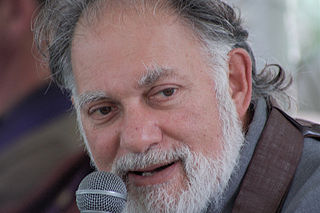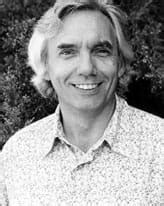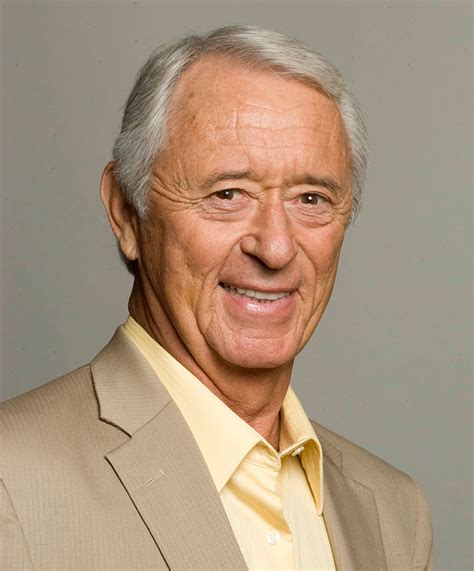A Quote by Bernie Glassman
The pursuit of enlightenment is for the purpose of the world, not merely for the purpose of the individual. Practices for enlightenment must lead to action in the world.
Quote Topics
Related Quotes
A purpose derived from a false premise - that a deity has ordained submission to his will - cannot merit respect. The pursuit of Enlightenment-era goals - solving our world's problems through rational discourse, rather than through religion and tradition - provides ample grounds for a purposive existence. It is not for nothing that the Enlightenment, when atheism truly began to take hold, was also known as the Age of Reason.
The use of drugs like mescaline may serve an appropriate purpose. Indeed, "Psychedelic" drugs have been widely used in the spiritual traditions of the world, including the Yoga of Patanjali, though they were never advertised as ultimate keys to enlightenment, merely as stepping-stones on the spiritual path.
Each river is different, but they all eventually lead to the ocean. No matter what we’re doing or when, or whether it brings us happiness or remorse, gain or loss, we’re all on our individual paths to enlightenment. Even when we’ve done something we consider wrong, we’re still on our path to enlightenment.
In the process of burning out these confusions, we discover enlightenment. If the process were otherwise, the awakened state of mind would be a product dependent upon cause and effect and therefore liable to dissolution. Anything which is created must, sooner or later, die. If enlightenment were created in such a way, there would always be a possibility of ego reasserting itself, causing a return to the confused state. Enlightenment is permanent because we have not produced it; we have merely discovered it.




























